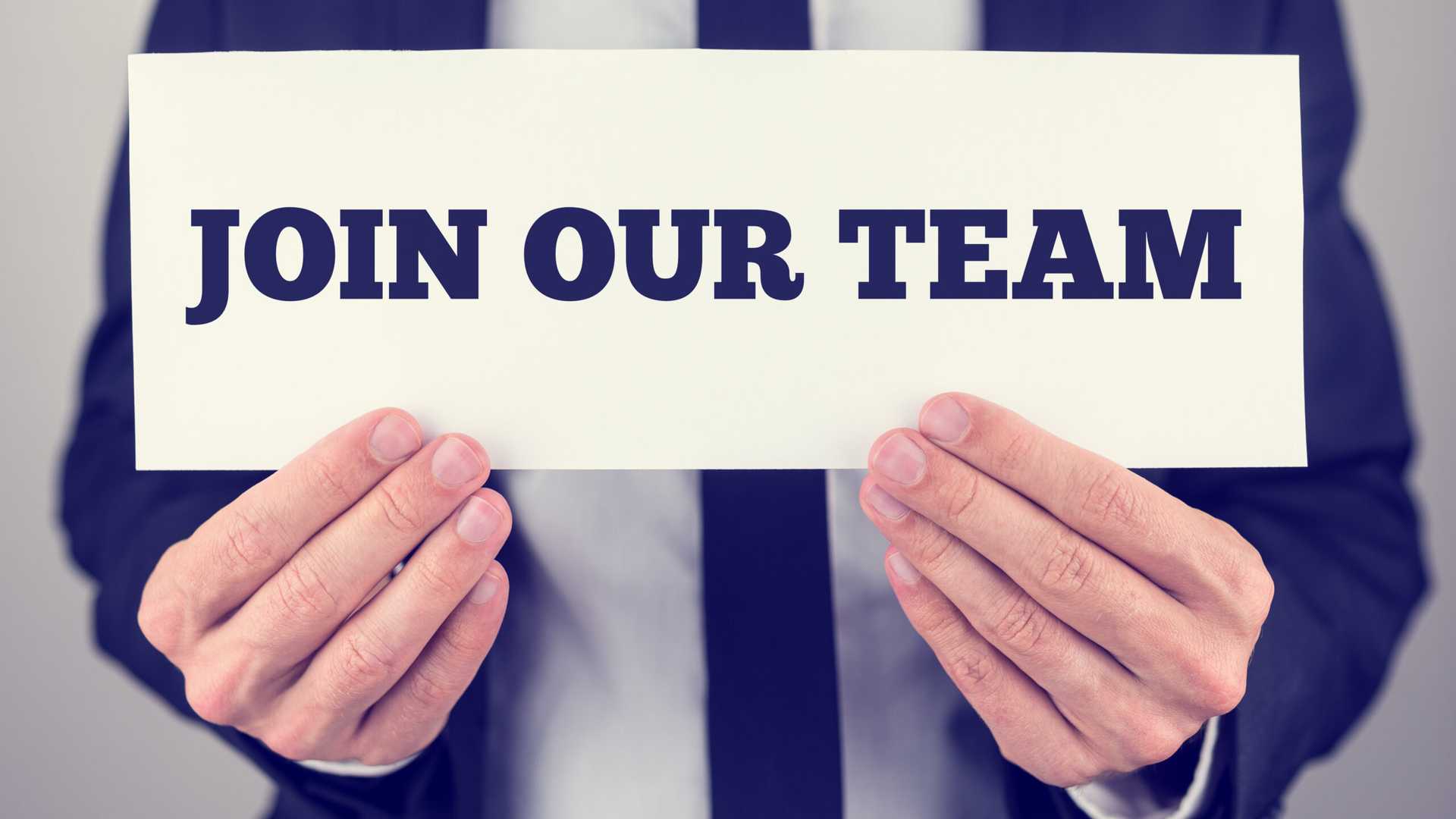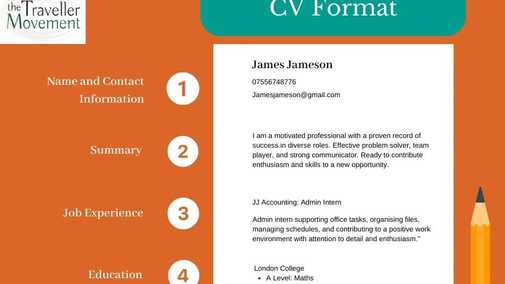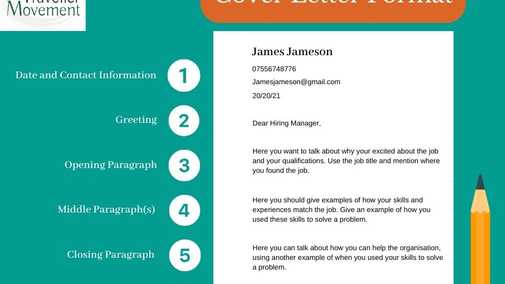
Employment
This is where you can find information that will help you find work. We will cover:
- How to write a good CV
- How to find jobs
- How to prepare for an interview
Even if you want to be self-employed this information will be relevant to you as you can build the important skills that you need for your successful business through employment.
Perhaps you want to become involved in law or politics. Or maybe you want to go into construction on a larger scale, whatever you choose to do, a great CV will set you on the way to achieving your goals.
Writing a CV
Your CV is your initial opportunity to promote yourself. A good CV will help you get an interview for a job. Usually, a CV is needed when trying to apply for jobs. It shows potential employers your talents, successes, and experience. You can still write a solid CV, even if you don’t have much experience.
A CV must have:
- Your full name: This includes your first name and your last name. You can include your middle name if you have one.
- Your contact details: This includes your phone number and your email address. Be sure to use a professional email address, as a silly one may turn employers off.
- Your Summary: This is a few sentences that appear at the beginning of your CV, beneath your contact information, and it summarises your career goals, work history, and personal strengths. If you have never worked, you can talk about skills you developed in different ways. For example, you could talk about teamwork skills you developed from playing on a football team or communication skills you developed from being a social person.
- Job experience: This is where you show your work history. This can be work placements, weekend jobs, or even work you’ve done with your parents. Show your latest experience at the top of this list.
- Education: This is where you show where you studied, what subject, how long, and what grades you received. Show your latest qualification at the top of this list.
- Key skills: This is where you list your abilities. You should ‘mirror’ the job advertisement that you’re applying for. For example, if the ad says that they are looking for someone with good communication skills, then use that phrase in your CV. You will want to talk about your ‘soft skills’, which means your non-specific abilities, such as leadership and problem solving. You will also want to talk about your ‘hard skills’, which means your specific abilities that are required for a specific job, such as your ability to use Microsoft Word or maybe your ability to drive.
The first and most important step when writing your CV is fully reading the job advert. This way you can tailor it to the job specification. When it comes to writing your CV, don’t lie. If you get caught out, it will ruin your application. Use simple layouts and fonts so that you don’t make your CV too complicated, use short sentences, and keep your CV to one to two pages. You should also make sure that there are no spelling mistakes.
Click Here, or Here for CV templates. Click Here to create a CV using AI.
Writing a Cover Letter
A cover letter is a personal letter you send with your job application. It’s different from a CV because it gives you a chance to introduce yourself, explain why you’re interested in the job, and give some information on why you would be a good fit.
If a job asks for a cover letter, make sure to customise it for that job. Start with your contact information and the date. If you can, address it to the person hiring.
Begin with a strong opening, saying you’re excited about the job and briefly talking about your qualifications. In the main part, give examples of your skills and experiences that match the job. Explain how you can help the company. At the end, sign off professionally and use your full name.
For jobs where cover letters aren’t required, consider sending one if you want to share more about yourself or explain any gaps in your resume. Keep it short and positive, around one page, and check for mistakes.
Tailor each letter to the job you’re applying for. This shows you’re serious and improves your chances of getting noticed by the employer.
Finding a job
There are a lot of places where you find jobs.
- Career fairs: These are events that connect representatives from a variety of companies to people who want to learn more about available jobs. These fairs are also a great opportunity to network and connect with people. For a list of career fairs, click here.
- Online: Career websites, such as Indeed, Glassdoor, and Totaljobs, regularly post new jobs. Most are free, and all you have to do to access them is sign up and create a profile. On these websites, you can sign up to receive newsletter alerts about new jobs in specific industries. You need to regularly check these websites and open the newsletters to make the most of them.
- Recruitment agencies: Recruitment agencies connect job seekers with companies. They know which companies are hiring and the jobs available. You can ask them to recommend you for these jobs. Research to find the right agency for the type of work you’re looking for, as each recruitment agency focuses on certain types of jobs.
- Company websites: Company websites are a great place to find job listings. They have a dedicated section for job openings, making it easy to see what’s available. You can focus on companies you want to work for and apply directly to them, which is a quick and direct process. Just remember to check these pages regularly and set up alerts if you can. Customising your application to match their needs can make you a standout candidate.
Preparing for and doing an interview
Preparing for a job interview involves research, practice, and self-confidence.
Research the company and the role
You should understand what skills are needed for the job and then use your personal experiences to explain how you can do them.
What to wear?
You should wear clean and tidy clothes when dressing for a job interview, adapting what you wear depending on the job you’re interviewing for. For example, you wouldn’t need to wear a suit when interviewing for jobs requiring physical labour, such as jobs in construction and in warehouses, but for most jobs, you should go for a professional-looking suit or dress and pick colours like black, blue, or grey.
If you’re wearing a suit, then:
- Wear a shirt with a collar
- A tie
- Formal shoes
- Keep it simple and avoid too many accessories or flashy clothes
If in doubt, there is no harm in asking about the dress code. As well as this, you should make sure you’re clean and neat, with tidy hair and nails, and that you don’t use too much perfume or aftershave. This way, you show that you take the interview seriously and make a good first impression.
Preparing for the interview
Rehearse your interview with a friend or in front of a mirror to build confidence
Bring extra copies of your CV and any relevant documents.
During the Interview
- Be punctual, respectful, and mindful of your body language throughout the interview.
- Behave professionally
- Introducing yourself with a firm handshake while maintaining eye contact
- Listen carefully to the interviewer and answer questions clearly without rambling on
- Be honest about your qualifications and experiences; and bring a notebook and pen
- Ask questions about the job and the company to show your interest
- Don’t speak badly about your past employers or colleagues
- Show enthusiasm for the position and the company
Towards the end of the interview, you may be asked if you have any questions. Below is a list of questions and the reasons why you should ask them.
- Tell me about the team I might work with.
Why: It shows interest in the workplace.
- What’s a regular day like for this job?
Why: It shows you want to understand the job.
- How would you describe how people work together here?
Why: It checks if the company fits your values.
- Are there chances for learning and growing in this job?
Why: It shows you’re eager to develop.
- How do you know if someone is doing well in this job?
Why: It helps you see if the job matches your goals.
- What happens next in the hiring process?
Why: It shows you’re ready for the next steps.
- Is there something specific you want to learn more about from my interview?
Why: It shows you’re open to questions or concerns.
- What’s enjoyable about working here?
Why: It helps build a connection and learn more about the workplace.
These questions express your interest, help you decide if the job is right, and show you’re committed to the role. It’s a chance to get more information and see if the company fits your goals. Finally, when the interview is over, get up, shake the interviewer’s hand, and thank them for their time.

